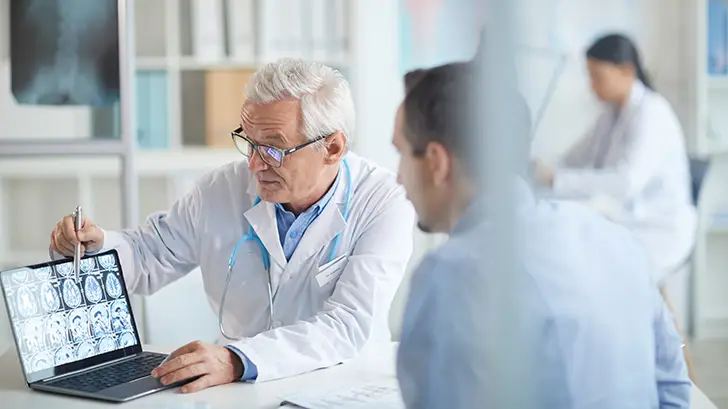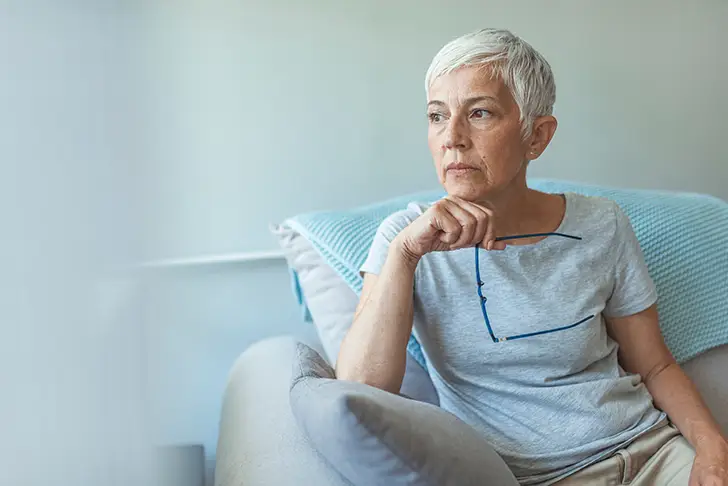A recent study by the Journal of Affective Disorders titled “Clinical outcomes in a large registry of patients with major depressive disorder treated with Transcranial Magnetic Stimulation” found that:
The NeuroStar Clinical Outcomes Registry documented clinical outcomes in the largest sample of individuals prospectively treated for an episode of major depressive disorder. By both self-report and clinician ratings, there were robust antidepressant effects, which compared favorably to those of alternative interventions for treatment-resistant depression. Given the low side effect and medical risk profile of TMS, the findings support of the use of TMS earlier in the treatment of MDD. Females and patients who received a larger number of pulses per session had stronger antidepressant effects. In contrast, there was no evidence that TMS efficacy declined with advancing age. These findings regarding outcome predictors may inform future efforts to further enhance the antidepressant efficacy of TMS.
The Study’s Highlights
- Clinical outcomes were examined in the largest registry of patients treated for an episode of major depressive disorder.
- The registry included more than more than 5,000 patients treated with TMS at more than 100 private practice sites.
- Self-report and clinician ratings showed robust antidepressant effects, greater than those in the early studies of TMS.
- Efficacy did not decline with age and motor threshold was also unrelated to antidepressant effects.
- Females and patients who received a larger number of pulses per session had superior outcomes.
Background
Randomized clinical trials have demonstrated that Transcranial Magnetic Stimulation (TMS) is an effective treatment for episodes of major depressive disorder (MDD). However, characterization of outcomes in routine clinical practice is needed, as well as identification of patient- and treatment-related outcome predictors. This study documented patient-rated (PHQ-9) and clinician-rated (CGI-S) clinical outcomes in the NeuroStar® Advanced Therapy System Clinical Outcomes Registry.
Results
In the total ITT and Completer samples, response (58–83%) and remission (28–62%) rates were notably high across self-report and clinician-administered assessments. Female patients and those treated with a larger number of pulses per session had superior clinical outcomes.
Conclusions
The extent of clinical benefit reported by patients and clinicians following TMS in routine practice compares favorably with alternative interventions for treatment-resistant depression. Strong efficacy and the low side effect and medical risk profile suggest that TMS be evaluated as a first-line treatment for MDD. The findings derive from the largest registry of clinical outcomes in MDD for any treatment.







